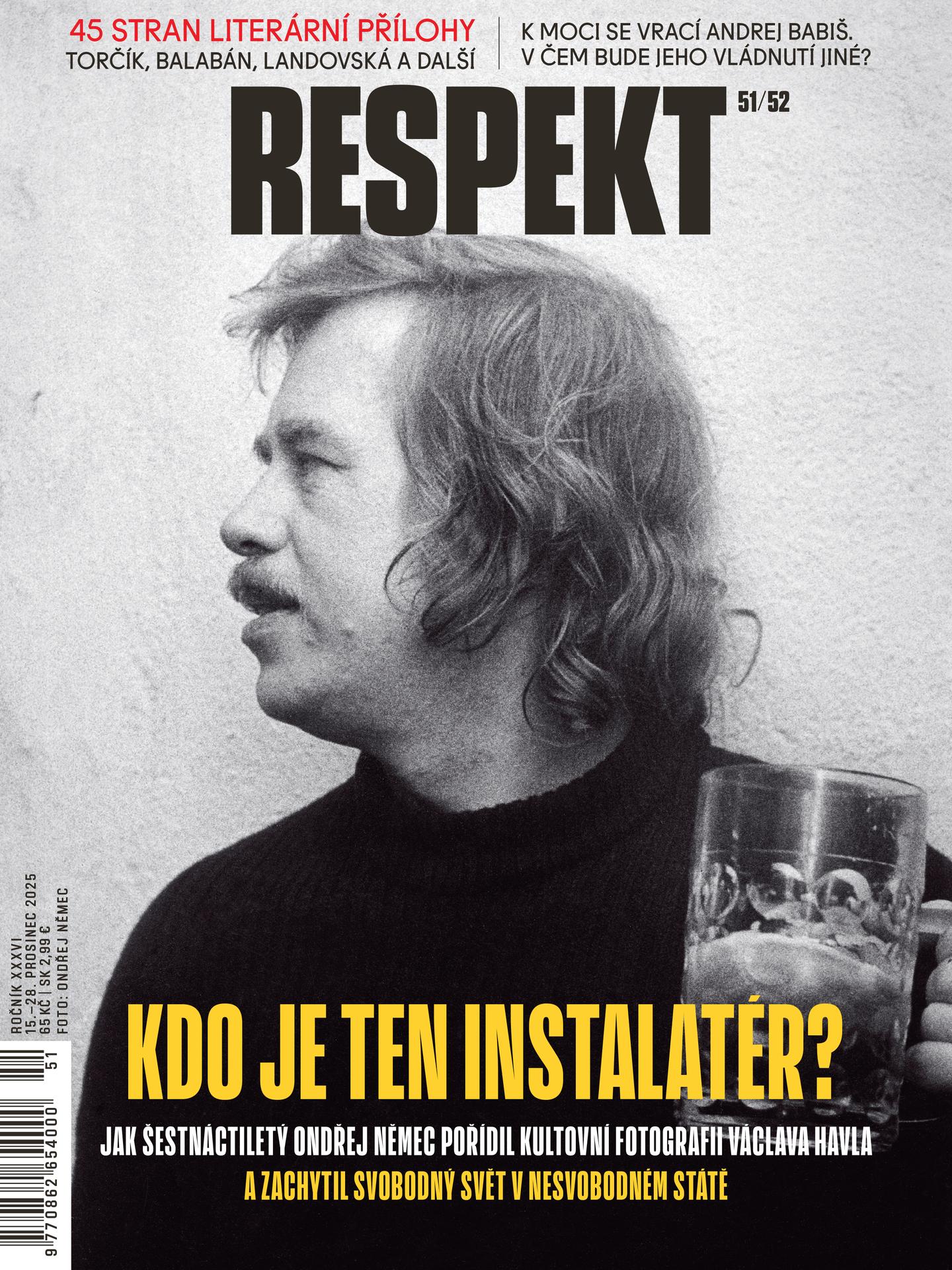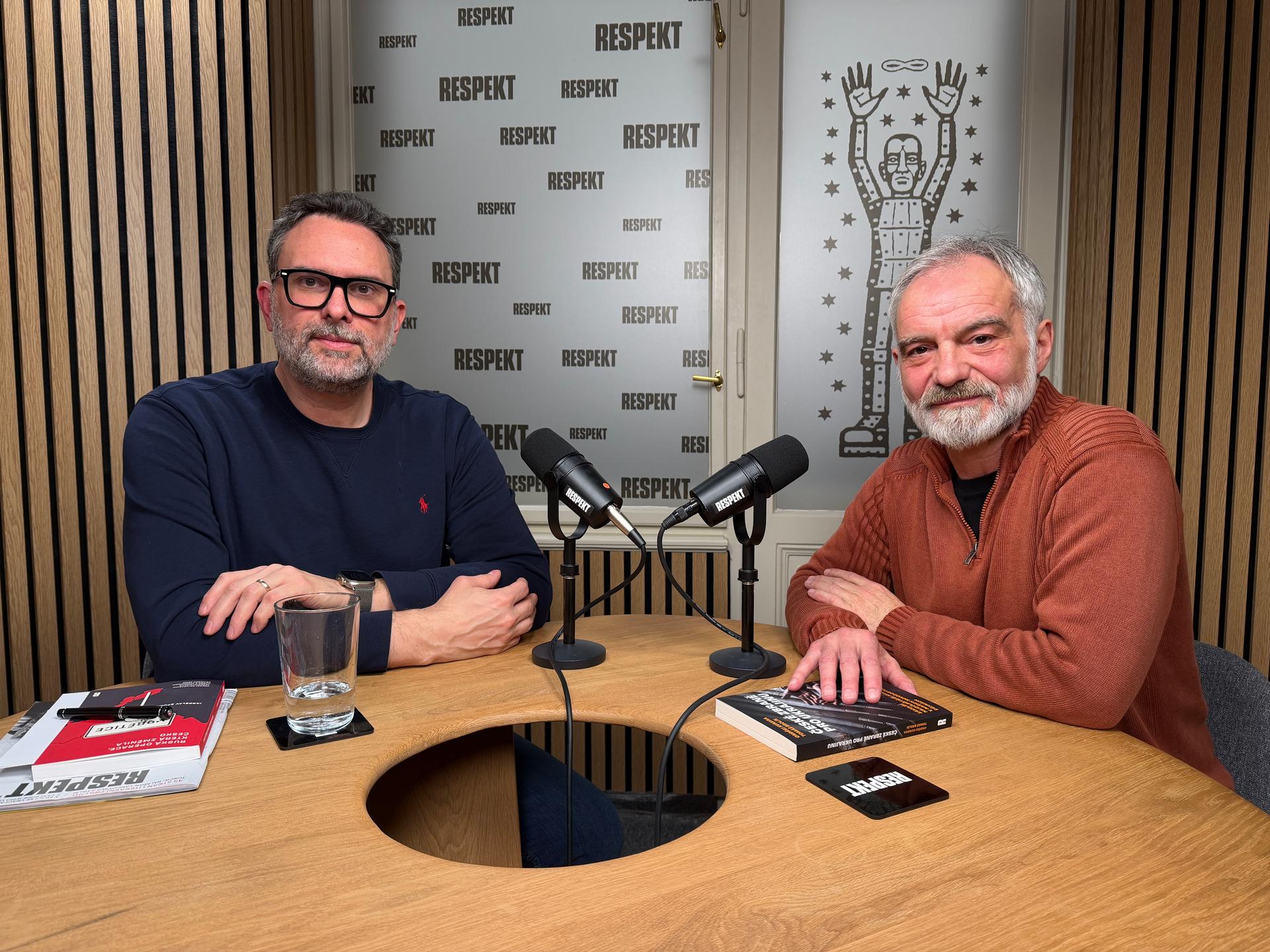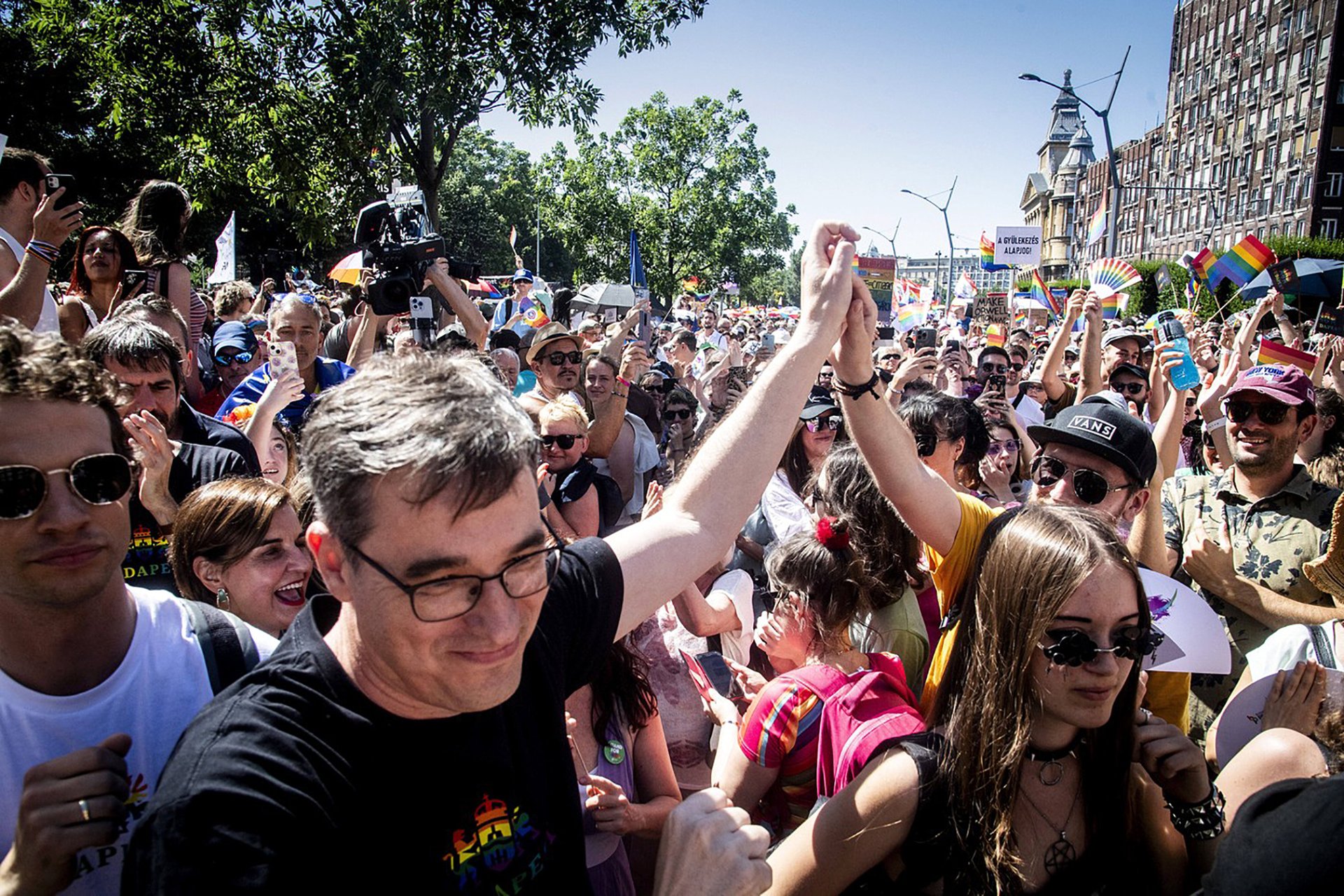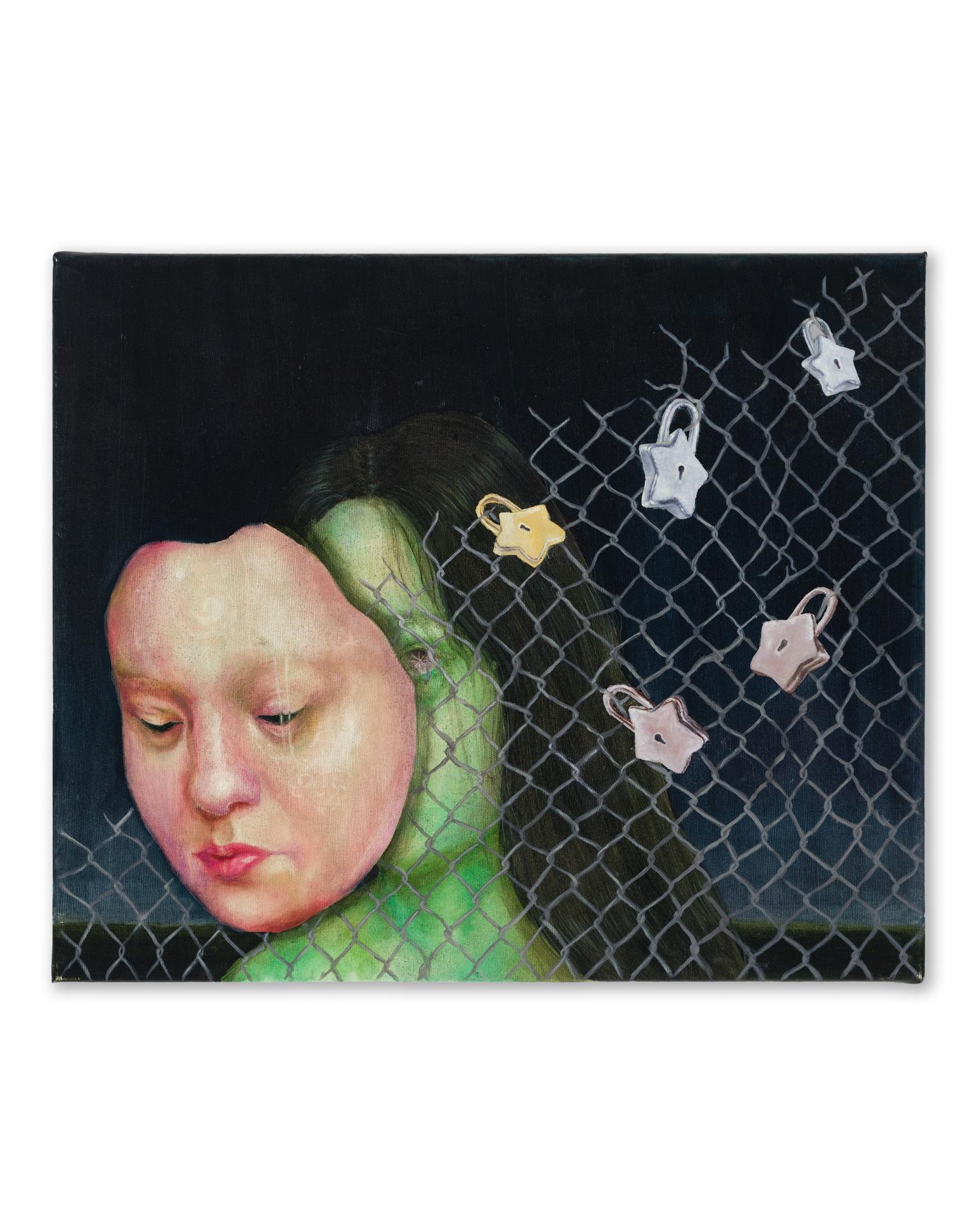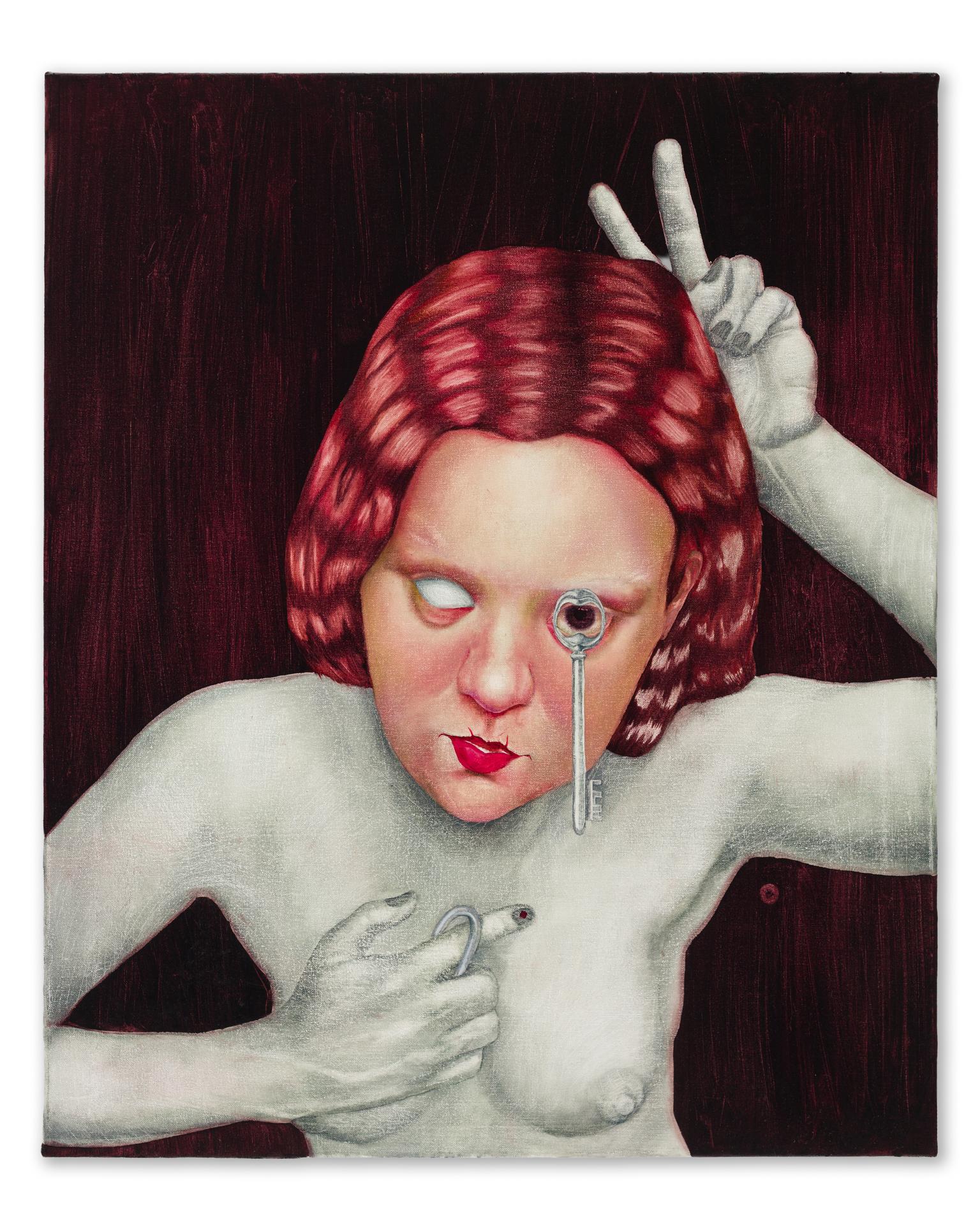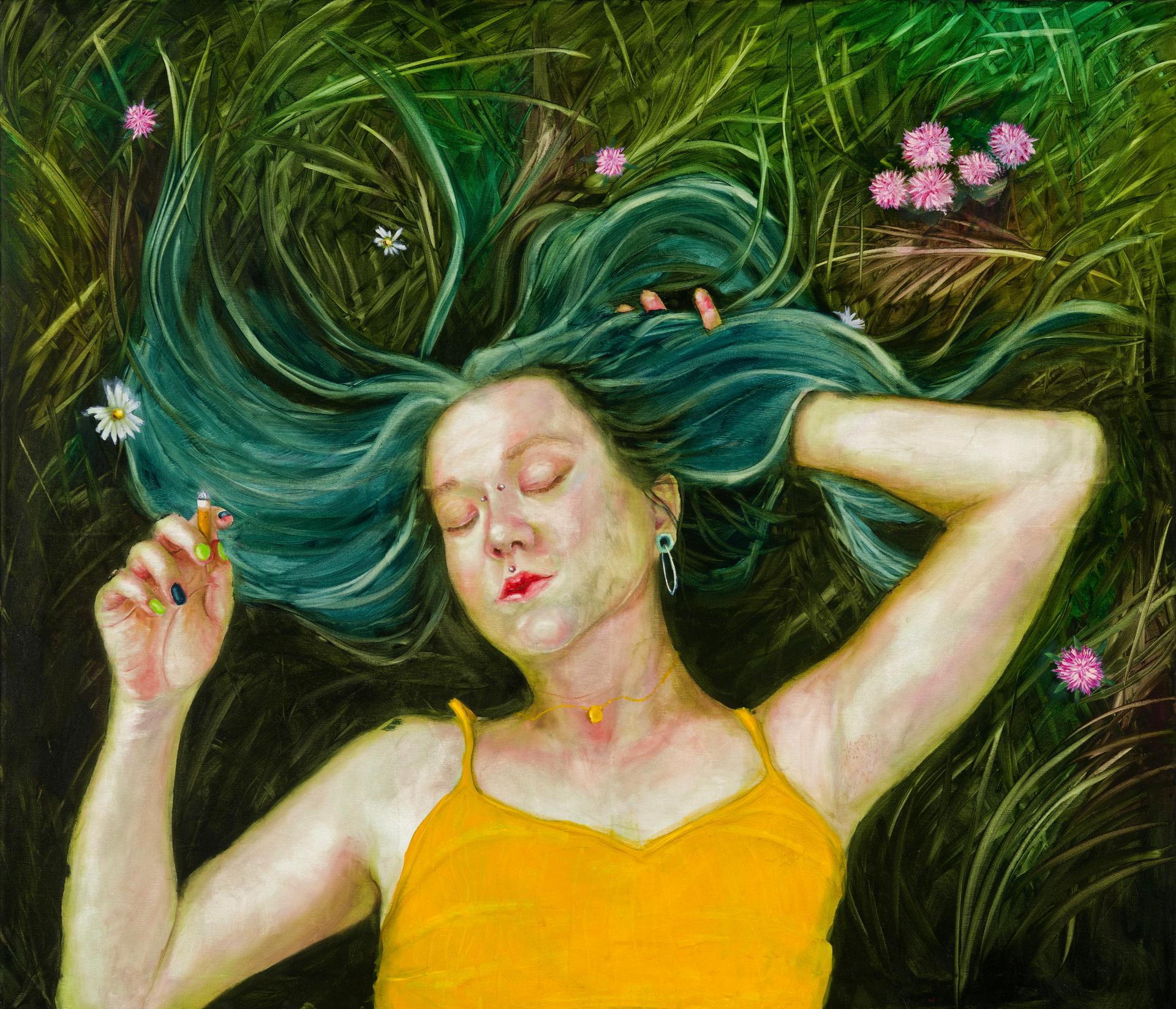Milada and Ludmila
A security agency along with the police cleared out Prague's squat called Milada, and it might seem that we should breathe out a sigh of relief: Order and the protection of private property has been re-established. But that would be too simplified a view. Because there are a few objections that make seemingly clear-cut story more complex.

Squatting was popular in the west mainly in the 1980s as a reaction of leftist youth to insensitive speculations with houses and flats. Many owners preferred leaving their houses empty in order to push housing prices higher. Some even let them fall down to be able to build offices. Squatters occupied the houses and often defended them against police attacks very vehemently.
Later squatting took the role of alternative cultural centres, giving rise to an important urban subculture that the official cultural policy of town halls is unable to substitute. After all, if town halls are able to count and if their tolerance threshold is sufficient, there is no reason for them to do so. Prague's most famous squat proved that – the Ladronka estate, where an alternative culture centre operated for years with no subsidies from the city coffers. (These days, there is an ordinary pub operating there for rollerblading enthusiasts, and nothing comparable has emerged since for Prague's culture.) Ladronka and Milada were also originally occupied in reaction to the punishable management of their owners (City Hall and the state), and both buildings would have probably come down if it were not for the squatters.
It is now apparent that the action against Milada has to be perceived as an action against the remainders of nonconformism in an otherwise sugar-coated city. And the protection of private ownership? If there is any, then it is very selective. In a country of…


Předplaťte si Respekt a nepřicházejte o cenné informace.
Online přístup ke všem článkům a archivu

